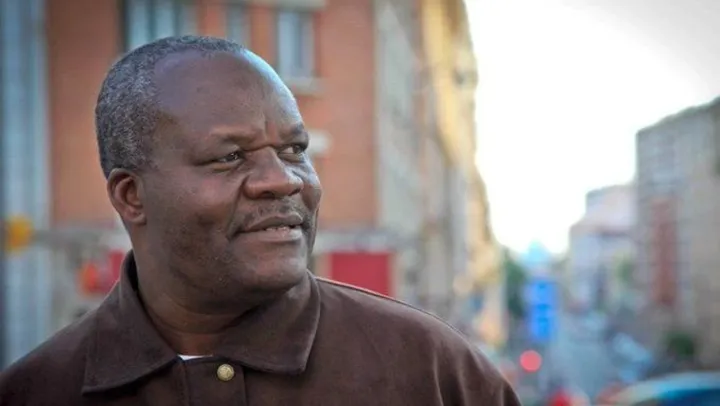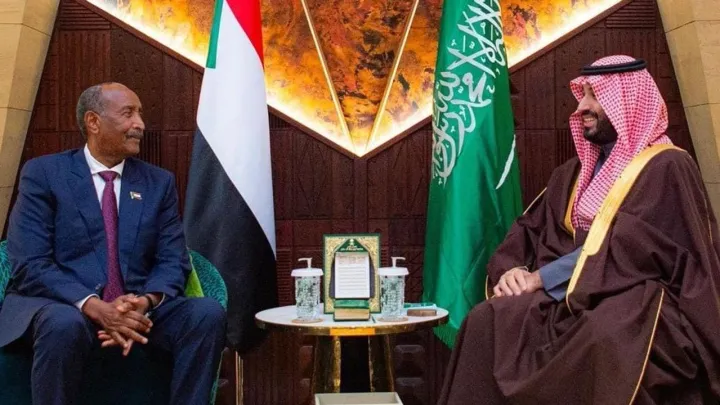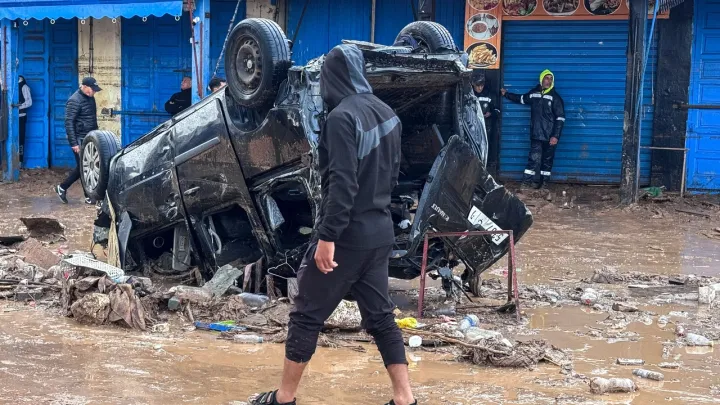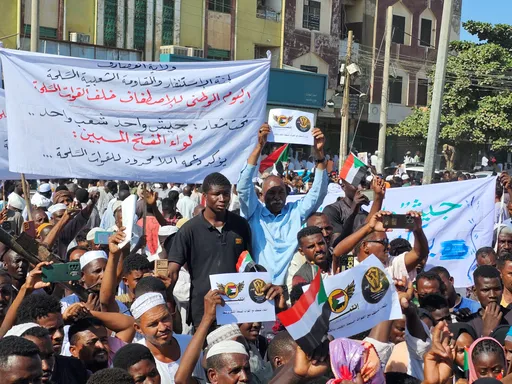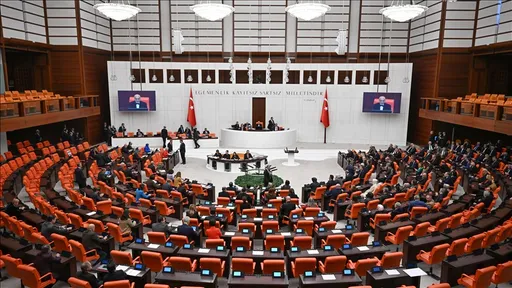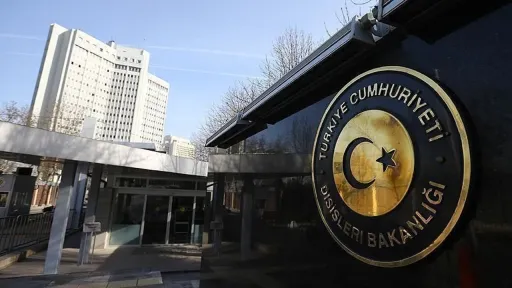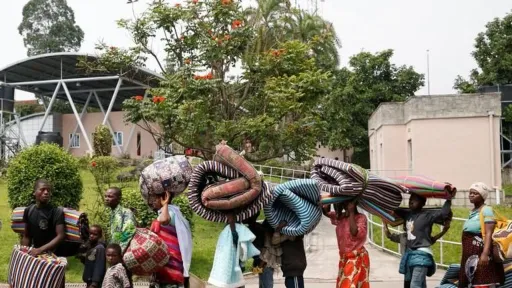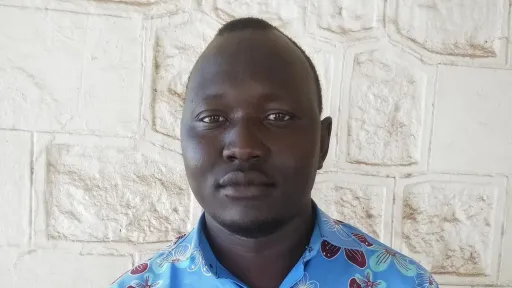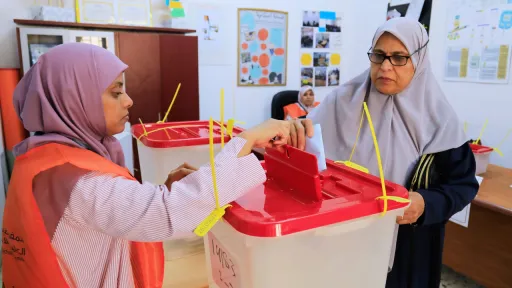By Alphonce Shiundu
It has become part of the daily life to see social media crusaders engagedin disinformation tactics to smear opponents and pollute public debate on key issues, Africa is no exception.
Such activities increase during different election times as part of election campaign toolkit
In February millions of Nigerians voted in presidential and parliamentary elections while in March they chose state governors.
Nigeria has a vibrant social media community and politicians had used social media influencers to win over the hearts of voters especially the youth.
Elections are coming up in four other African countries. In Sierra Leone in June, in Zimbabwe in July or August, in Liberia in October, and in the Democratic Republic of Congo in December.
All these countries have a huge youthful population and increasing numbers of these young people have access to social media.
With it comes the growing disinformation industry and information pollution challenges.
But what can the countries do to keep their political environment less polluted by disinformation campaigns? Here are ten lessons from Kenya:
1) Understand the players: Who are the people spreading false information? Are they doing so for one political candidate or are they freelancers available to the highest bidder? What are their motivations?
Are they working together to sprinkle falsehoods in public discourse about political issues or are they lone wolves?
A thorough review of trending content on social media, together with intelligent social media sleuthing using open-source tools, can help identify the merchants of political disinformation.
2) Map out the trends: What kind of content do they put out, and what platforms do they use? Is the disinformation mainly via manipulated images or graphics, or are they using fake or doctored videos?
Are the falsehoods publicly posted on Twitter, Tiktok, Facebook or Instagram, or are these seeded surreptitiously via WhatsApp, Telegram? Evaluating polarising content, trending topics, can reveal these patterns and inform strategic responses.
3) Prebunking: To guard against the proliferation of false information, it is useful to get ahead with the amplification of accurate information about key issues.
For instance, Africa Check, a fact-checking organisation operating in Nigeria has already prepared a portal with quick facts about the upcoming elections, including a guide on campaign funding, and even opinion polls. It did the same for Kenyan elections.
4) Collaborative information integrity projects: Media houses, journalists and fact-checkers are expected to put out accurate information to allow voters to make informed decisions about elections.
Kenya had the Fumbua collaborative journalism project and Nigeria has a coalition of fact-checkers. Working together to fight political disinformation helps to break the cycle of disinformation, reduce the spread, and even amplify accurate information.
5) Dialogue: Political disinformation is often polarising, and if not handled, can easily trigger violence.
Open dialogue on divisive issues and with key public figures on the campaign trail, including the political candidates, on the risks of violent political rhetoric and dangers of political disinformation can help put some political hygiene in public debate.
6) Platform accountability: Social media platforms have their own business model and social goals. The civil society should partner with these platforms to alert them on viral and harmful disinformation in the specific countries to help secure the election information ecosystem.
Further, the social media users should actively report content that violates the platform rules, and whenever they see coordinated inauthentic behaviour, they have to alert the platforms for these networks to be disrupted.
And lastly, platforms that do so little to secure the information environment have to be publicly called out.
7) Advocacy: The media and civil society must actively petition the key players in the information environment to keep the public debate honest.
They can keep a tally on the falsehoods on the campaign trail and call out the purveyors of false information. They must also carry out digital literacy campaigns to educate voters on how to spot and stop the circulation of false information.
8) Speed: Falsehoods spread faster and further than accurate information. During elections, it is paramount that falsehoods are fact-checked and debunked as soon as they show up online.
Quick fact-checking, and amplification of accurate information disrupts the cycle of political disinformation. It is no use setting the record straight after the election is done, especially on an election-tilting falsehood.
9) Strategic silence: Sometimes, political disinformation is put out to bait for the media to react, for rivals to respond, or to stir the civil society into agitation. The goal often is to amplify debate on fringe topics and get this into the mainstream.
Checking out the context and evaluating the political disinformation carefully before coming up with a response helps. Some pieces of falsehoods can be ignored, or dealt with, without amplifying the inaccurate tropes.
10) Institution-building: The election management bodies in the different countries are often targets of credibility attacks. These attacks reduce public trust in the managers of elections, and therefore, the affect the perception of transparency and openness.
Building the information resilience for these institutions, including enhancing the capacity to fact-check, debunk, prebunk and respond to falsehoods about the process or the persons involved, helps protect the credibility of the election referees.
While this list is not exhaustive, it can help limit the flow of political disinformation, keep the public debate honest, and guarantee a reasonable political hygiene for the voters to make informed decisions in the elections.
Alphonce Shiundu is the country editor of Africa Check in Kenya, and the national vice chairperson of Fumbua, a collaborative journalism project formed to combat false information in Kenya.

